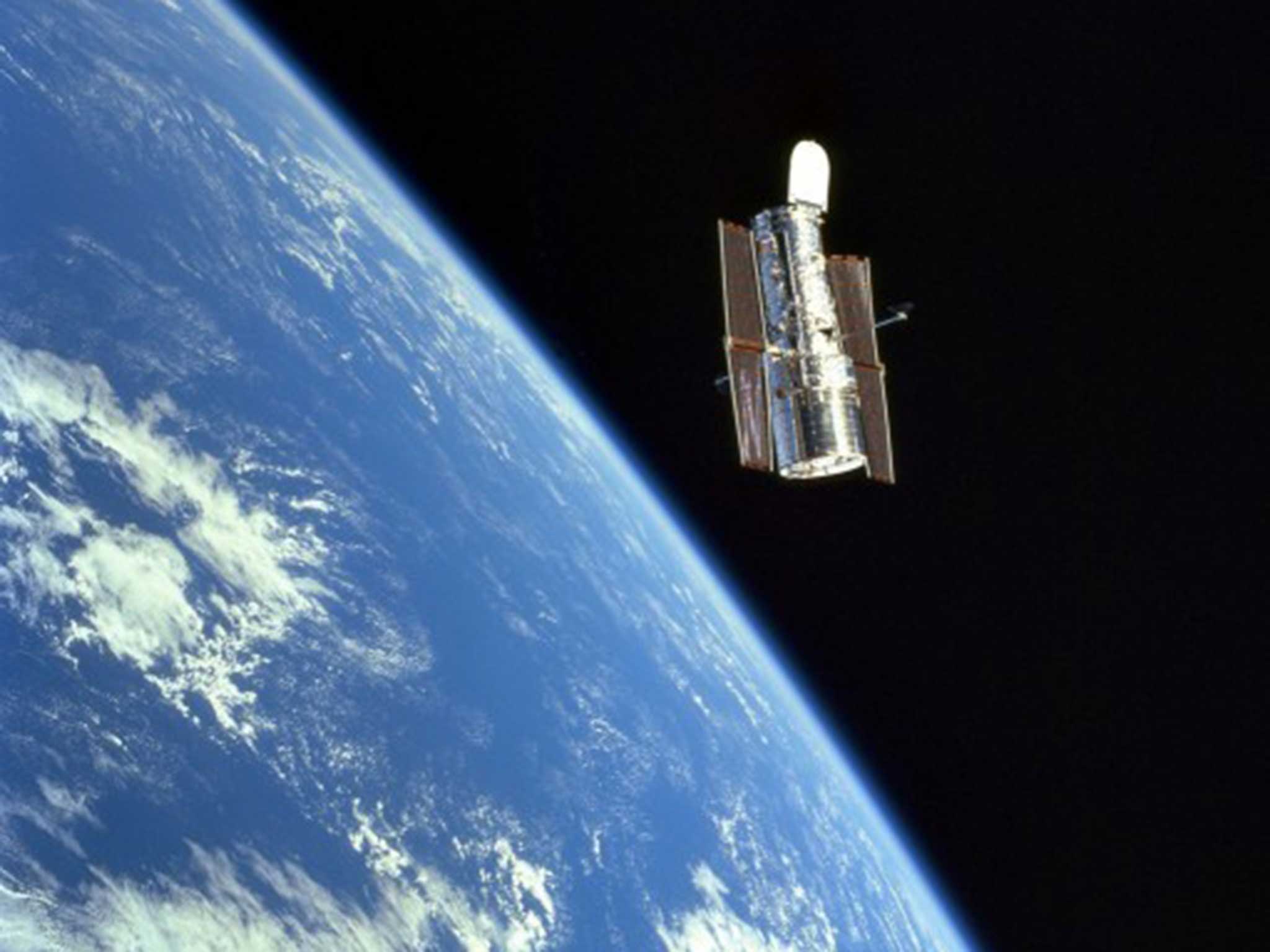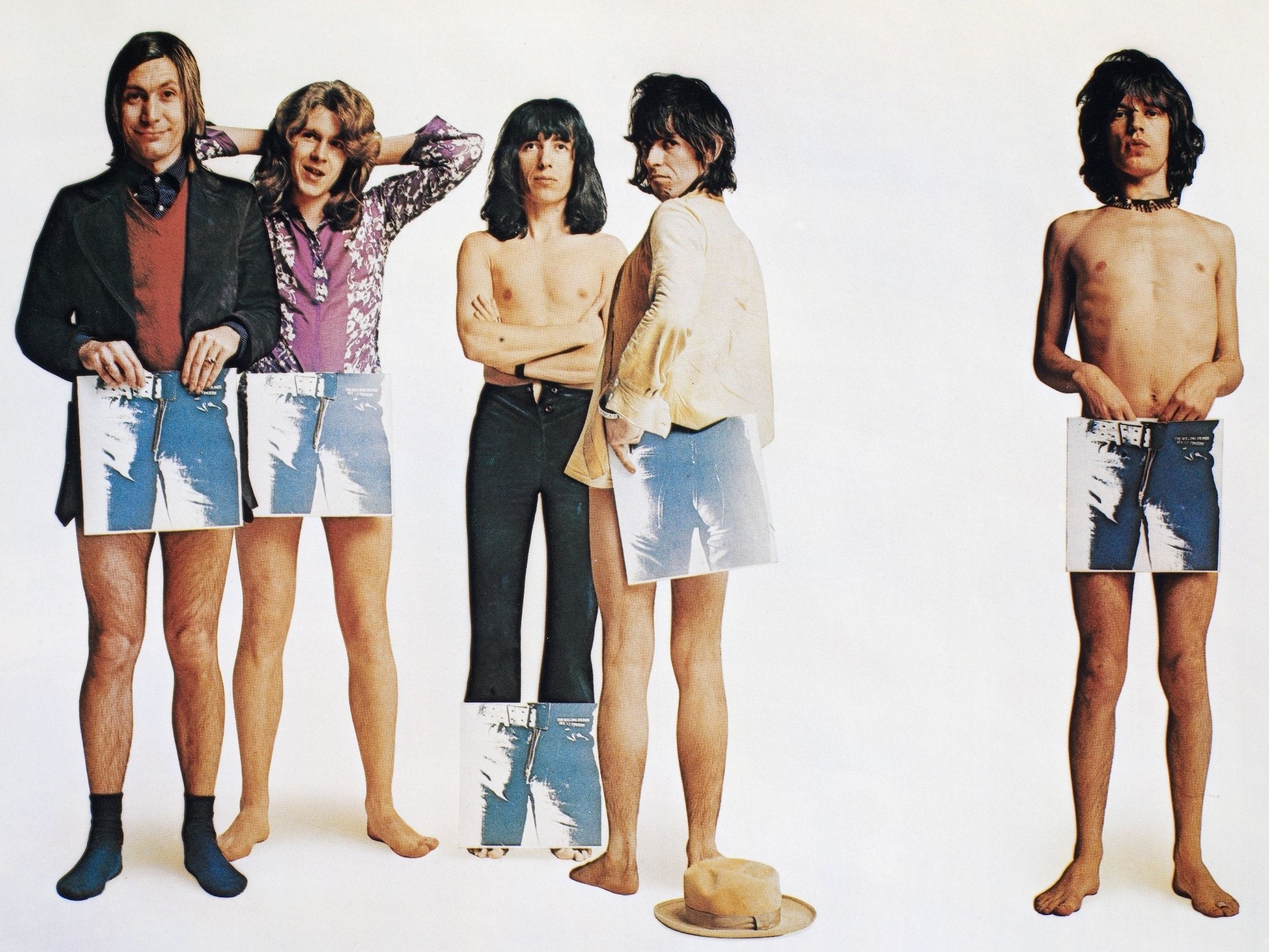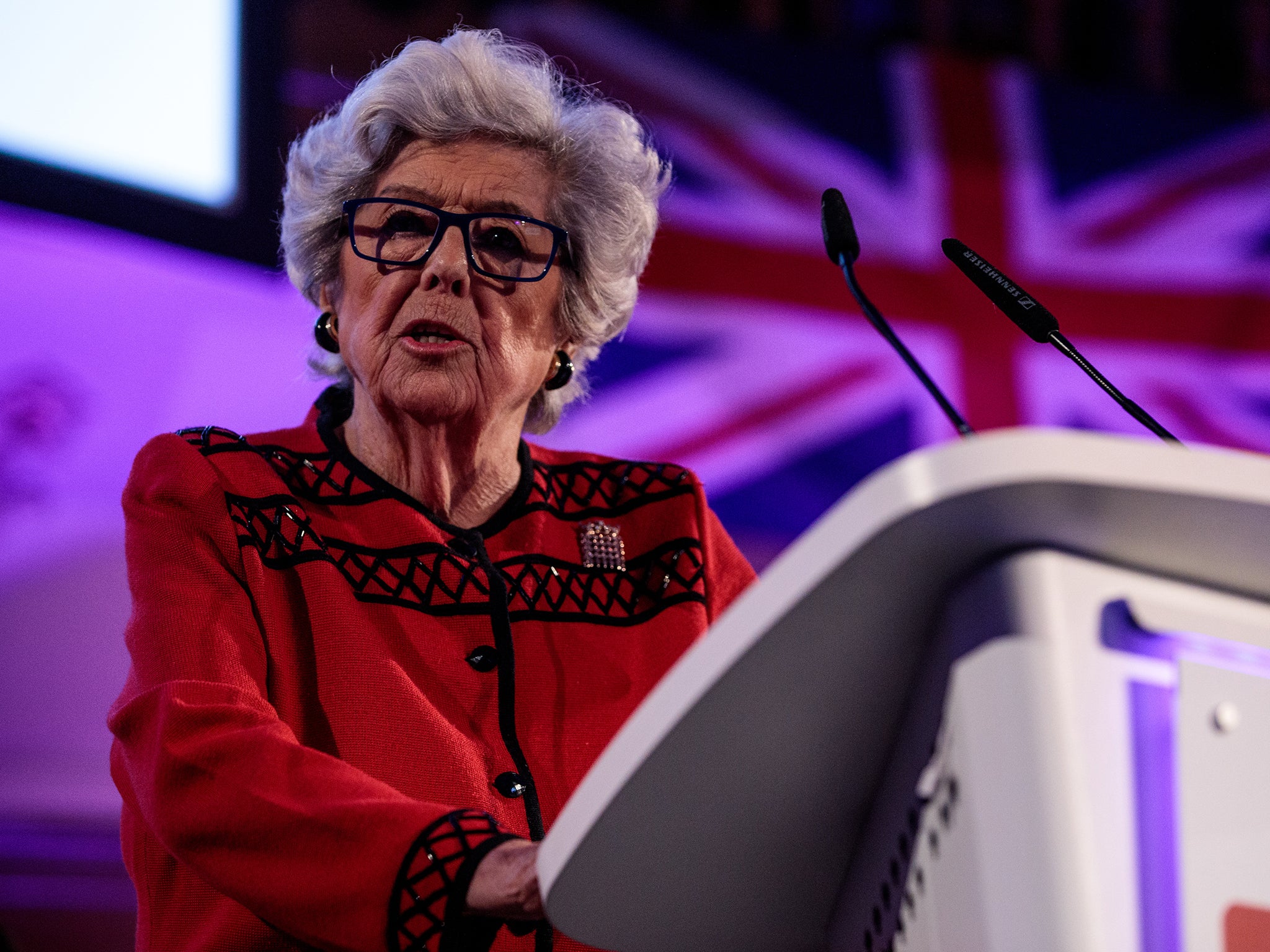The world this week: Scientific discoveries and natural disasters
Millie Bull trawls the archives for the key events and notable deaths from this week in history

The world this week...
22 April
Seduction was made unlawful in Ohio in 1886. The law covered all men over the age of 18 who worked or instructed women. Punishment for breaking this law ranged from two to 10 years in prison.
The co-founder of luxury British car maker Rolls-Royce died in 1933 at the age of 70. Frederick Henry Royce founded the company with Charles Stewart Rolls, who died in 1910 while flying his own plane.
Hitler announced his plans to take his own in 1945 after after learning that Soviet forces had invaded Berlin. He did so eight days later.
Earth Day was celebrated for the very first time in 1970. Twenty years later in 1990, more than 200 million people in 141 countries participated in the celebrations.
Sewer explosions in Guadalajara, Mexico, killed more than 200 people and damaged 1,000 buildings in 1992. The disaster was caused by a gas leak which was ignored by both the Mexican government and the national oil company.
Deaths: Miguel de Cervantes, 1616, Spanish author; Earl Hines, 1983, American pianist; Emilio G Segre, 1989, Italian physicist and Nobel laureate; Richard Nixon, 1994, 37th president of the United States.

23 April
The greatest poet and dramatist in British history, William Shakespeare died on this day in 1616 aged 52. He was said to have been born on the same date in 1564, though the actual date is not known.
Sirhan Bishara Sirhan was sentenced to death for the assassination of presidential candidate Robert F Kennedy in 1969. Three years later, Sirhan’s sentence is converted to life imprisonment after California abolished the death penalty.
The Rolling Stones released their album Sticky Fingers in 1971. The album, considered to be their best, includes hits such as “Brown Sugar” and “Wild Horses”.
In 1984, the virus that causes Aids was discovered. French virologists Luc Montagnier and Francoise Barre-Sinoussi, and German virologist Harald zur Hausen were awarded the Nobel Prize in Physiology or Medicine 2008 for the breakthrough.
The first YouTube video was posted in 2005. The video is an 18-second clip which shows the site’s founder Jawed Karim at San Diego Zoo.
Deaths: William Wordsworth, 1850, Romantic poet; Tim Keefe, 1933, Baseball pitcher; Boris Yeltsin, 2007, president of the Russian Federation.

24 April
The Hubble telescope was launched into space in 1990. It has captured some of the most impressive photos of the universe and took more than 20 years to build.
An IRA bomb devastated London in 1993, killing one and injuring more than 40 people. The attack wrecked a mediaeval church and Liverpool Street underground station.
More than 1,000 people died in Bangladesh after a building collapsed in 2013. The building was used by clothing factories producing garments for western countries which highlighted the poor working conditions in this part of the globe.
Deaths: Daniel Defoe, 1731, English novelist; Lucy Maud Montgomery, 1942, Canadian author; Wallis Simpson, 1986, American divorcee who married Edward VIII; Estee Lauder, 2004, American cosmetics entrepreneur.

25 April
In 1859, construction of the Suez canal began. The waterway became the shortest link between Europe and Asia.
Rebels take control of Portugal after nearly 50 years of dictatorship in 1974. Tanks rolled into the centre of Lisbon and troops with machine guns stormed the barracks where the prime minister, Dr Marcello Caetano, had taken refuge.
The German news magazine Stern announced the discovery of Hitler’s diaries in 1983. They were later found to be forgeries, triggering one of the biggest media scandals in history.
An earthquake in Nepal killed nearly 9,000 people and injured 16,800 in 2015. The quake had a magnitude of 7.8 and was the worst earthquake in the country since 1934.
Deaths: Chongzhen, 1644, Ming emperor of China; Anders Celsius, 1744, Swedish astronomer; William Beaumont, 1853, physiologist; Ginger Rogers, 1995, American actor, dancer and singer.

26 April
In 1954, the polio vaccine has trials which involved 1.8 million children. Children in the US, Canada and Finland participated in the trials.
The first US spacecraft landed on the moon in 1962. The Ranger IV landed on the far side of the moon but failed to send back photos due to a technical fault.
The world’s worst nuclear accident occurred at the Chernobyl nuclear plant near Kiev in Ukraine (then part of the Soviet Union) in 1986. Experts believe the disaster could determine tens of thousands of deaths across Europe due to cancer in the future.
Germany made denial of the Holocaust illegal in 1994 after Germany’s federal constitutional court ruled against the far-right party NPD’s claim the the genocide of 6 million Jews never occurred.
Deaths: John Wilkes Booth, 1865, assassin of US president Abraham Lincoln; Sigmund Rascher, 1945, Nazi doctor; Broderick Crawford, 1986, American actor; Lucille Ball, 1989, comedian.

27 April
According to astronomer Johannes Kepler, the universe was created on this day in 4977BC. Kepler is best known for his theories about explaining the motion of planets.
Ludwig van Beethoven composed “Fur Elise” in 1810. This is deemed his most recognised melody, and one of the most popular in music history.
A steamboat carrying 2,100 passengers exploded and sank in the Mississippi river in 1865. Just days after the Civil War, only 400 of those on board the steamboat Sultana survived the worst maritime disaster in US history.
Afghanistan’s president Sardar Mohammed Daoud was overthrown and murdered by pro-communist rebels in 1978. His death marked the very beginning of political chaos in the country which still remains today.
In 1992, Betty Boothroyd became the first female speaker in the House of Commons. The Labour MP won her victory by a 134-vote majority.
Deaths: Ferdinand Magellan, 1521, Portuguese explorer; Ralph Waldo Emerson, 1882, American poet; Antonio Gramsci, 1937, Italian philosopher and Marxist; Kwame Nkrumah, 1972, first president of Ghana.

28 April
Muhammad Ali refused to be inducted into the US army in 1967 and was consequently stripped of his world heavyweight title.
A gas pipe explosion is South Korea killed more than 100 people in 1995. Sixty children on their way to school were among the victims of the blast.
A gunman in Tasmania in 1996 opened fire on a crowded tourist destination. Thirty-five people were killed, including a three-year-old.
Billionaire businessman Dennis Tito, 60, became the first space tourist in 2001. Tito, a former Nasa employee, took an eight-day holiday aboard the International Space Station.
Deaths: Mary Read, 1721, English pirate; Benito Mussolini, 1945, Italian dictator; Arthur Leonard Schawlow, 1999, American physicist.
Join our commenting forum
Join thought-provoking conversations, follow other Independent readers and see their replies
Comments
Bookmark popover
Removed from bookmarks